Overactive Bladder
An overactive bladder is a condition that triggers the sudden urge to urinate in unpredictable instances. It also causes involuntary accidents to happen in which people undergo the unexpected loss of urine. This condition causes millions in the world to suffer and is very difficult to manage.
The unpredictability of this condition makes it one of the toughest illnesses to treat and overcome. Women tend to suffer from it more than men. Apart from the physical toll, this condition has drastic psychological effects on a person. Since a person is vulnerable to urinating at any given moment, they tend to avoid social gatherings and stay isolated.
The psychological impact that this condition has causes a person to go into severe emotional distress. Bad mental health will also lead to other conditions that make a person’s overall health even worse. However, with the help of a few treatments, a person can manage to control their symptoms and improve their condition to quite an extent.

(Source)
Overactive Bladder: Symptoms
Urine leakage is an occurrence that can happen regardless if you have a bladder problem. The excessive leakage of urine is an indication that you have an overactive bladder. Some people will also produce little leakage because of laughing too vigorously. Others produce slight leakage after holding urine inside the bladder for too long. However, this is not an indication that you have an overactive bladder.
You can find many indications that point to an overactive bladder. One of the most identifiable indications is the frequency of the urine. The most common symptoms of an uncontrollable bladder include:
- Urgent need to urinate
- Frequent loss of urine
- Urge to urinate more than eight times on a given day
- Frequently waking up during sleep to urinate
The symptoms of an overactive bladder vary depending on the person. Each individual with an overactive bladder can experience different symptoms depending on the circumstances. Therefore, it is very difficult to self-diagnose whether you have a bladder issue. For this reason, you must visit the doctor if you are undergoing the symptoms mentioned above.
How does it Happen?
Normally, a person urinates when their bladder is full. Once your kidneys finish purifying your blood, and the urine collects into the bladder, your pelvic muscles begin to contract. Then the brain sends a signal to your body, and you relax your pelvic muscles so that the urine can pass through your penis.
A patient suffering from an overactive bladder will experience bladder contraction even when the bladder is not full. Due to this, they feel a frequent urge to urinate regardless of whether they have a full bladder.
Factors That Put you at Risk
In some instances, the cause of an overactive bladder is faulty genetics. However, some habits are more likely reasons that lead a person to suffer from this condition. The factors that cause these symptoms include:
- Drinking an excessive amount of fluid
- Intake of certain medications that have side effects, which cause bladder issues
- Abnormalities in the bladder
- Overconsumption of caffeine
- Alcoholism
Nonetheless, experts cannot point to the exact cause of an overactive bladder. The people with the highest risk are ones that fall in the age group of fifty and above. This shows that there is a strong correlation between aging and bladder problems. However, you should not undermine the symptoms even if you do not fall into the particular age group. This is because an overactive bladder is not an inevitable symptom of aging.
Diagnosis for Overactive Bladder
Initially, doctors diagnose the bladder and kidneys for abnormal urination to see if there is an infection. A doctor may ask you to provide them with a urine sample. This helps doctors confirm whether the urine has traces of blood in it. Another diagnosis that proves bladder abnormality is examining the bladder to see it completely empties after urination.
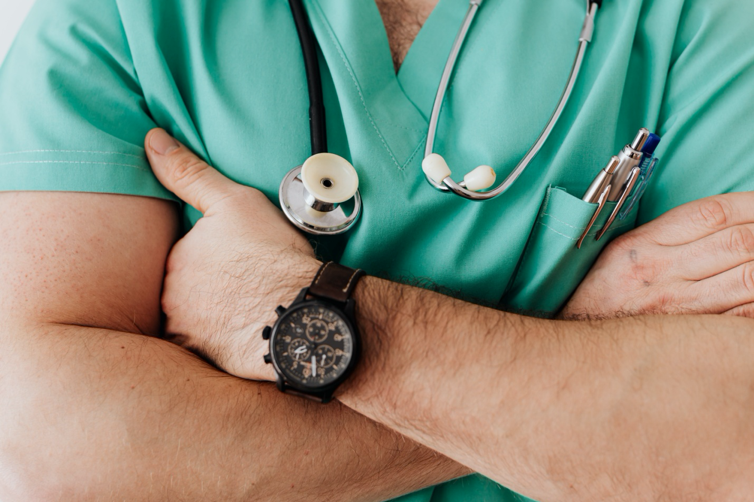
(Source)
Doctors make these diagnoses with the help of certain tests. To check whether you have residual urine after urination, the doctor will make you undergo an ultrasound. In this process, they use the sound waves to encapsulate an image of the urine inside of the bladder.
Measuring the quantity of the urine, they can tell whether your bladder is indeed overactive. Other methods involve testing the urine flow rate in comparison to a person’s fluid intake and the use of thin tubes or catheters.
To Conclude: Consult A Professional Urologist
Bladder issues are more common than people may believe. Having an overactive bladder is an embarrassing condition for the average person. If you or any of your loved ones are having a difficult time coming to terms with an overactive bladder, you must consult a specialist.
Fifth Avenue Urology offers you a chance to get professional help from experienced specialists. Contact them now to schedule an in person or tele-appointment at 212-675-3186.
 Dr. Larish is a urologist and surgeon treating women and men with a variety of urological conditions. His expertise is in treating complex kidney stones, enlarged prostates (BPH), incontinence, erectile dysfunction, infertility, and urological oncology (prostate, bladder, kidney, and adrenal cancers). He is an expert in general urology and is often consulted for second opinions.
Dr. Larish is a urologist and surgeon treating women and men with a variety of urological conditions. His expertise is in treating complex kidney stones, enlarged prostates (BPH), incontinence, erectile dysfunction, infertility, and urological oncology (prostate, bladder, kidney, and adrenal cancers). He is an expert in general urology and is often consulted for second opinions.




 Living with urge urinary incontinence (UUI) can be a daily challenge, impacting your comfort and confidence. But there’s hope. Sacral neuromodulation, a cutting-edge treatment, offers a way to regain control over your bladder and significantly improve your quality of life. Let’s explore how this remarkable procedure is restoring bladder control for those with UUI.
Living with urge urinary incontinence (UUI) can be a daily challenge, impacting your comfort and confidence. But there’s hope. Sacral neuromodulation, a cutting-edge treatment, offers a way to regain control over your bladder and significantly improve your quality of life. Let’s explore how this remarkable procedure is restoring bladder control for those with UUI. Sacral neuromodulation offers several advantages for individuals with UUI, including:
Sacral neuromodulation offers several advantages for individuals with UUI, including: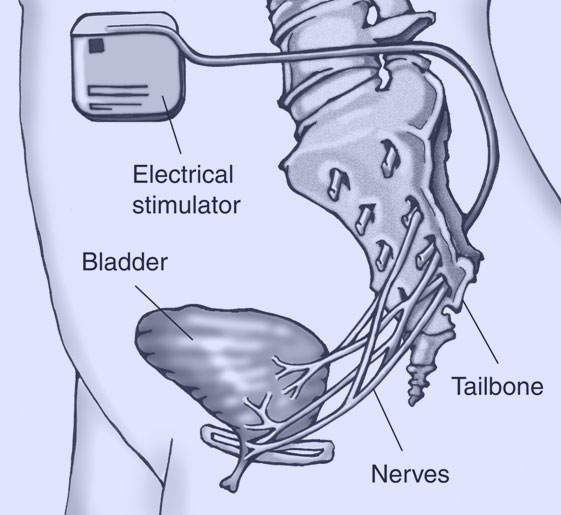
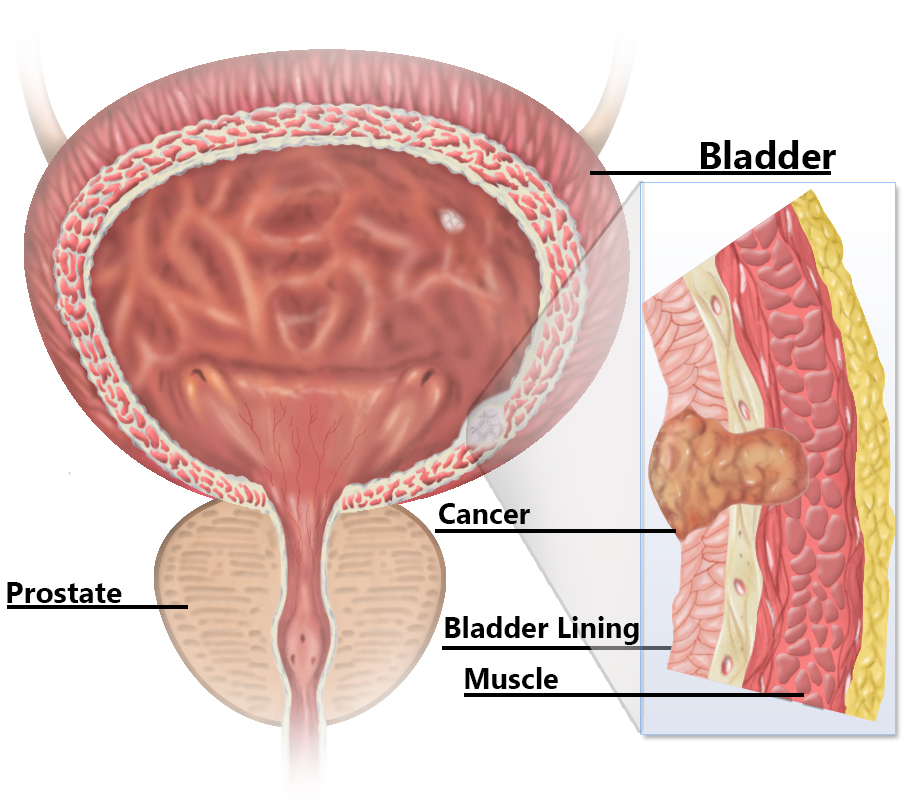
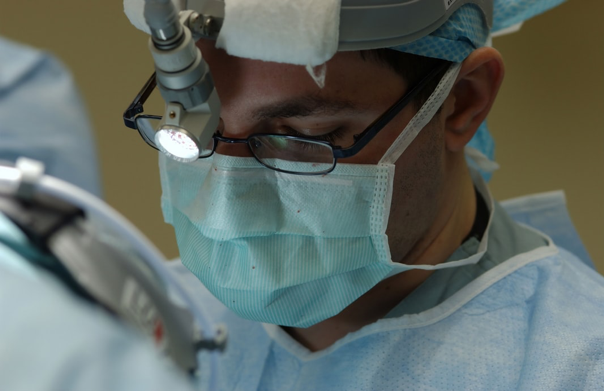


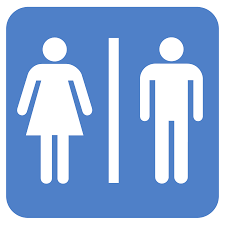 An overactive bladder (OAB) is a very troublesome and embarrassing condition, which leads to
An overactive bladder (OAB) is a very troublesome and embarrassing condition, which leads to  Although an OAB is a very serious problem that can drastically change how people live their lives, it is very easy to spot if you have one or not. Under normal circumstances, the kidneys produce urine that goes to your bladder, and when the muscles in the bladder relax the urine releases. That said, in an overactive bladder the muscles contract involuntarily releasing urine at unintended times.
Although an OAB is a very serious problem that can drastically change how people live their lives, it is very easy to spot if you have one or not. Under normal circumstances, the kidneys produce urine that goes to your bladder, and when the muscles in the bladder relax the urine releases. That said, in an overactive bladder the muscles contract involuntarily releasing urine at unintended times.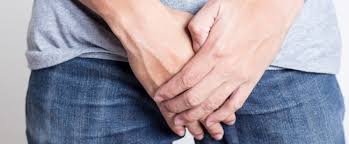 Innumerable men and women contact our urologists in East Upper Side (Manhattan) to know about ‘overactive bladder: causes & treatments.’ We make it clear that overactive bladder refers to their sudden and uncontrollable urge to rush to the toilet to urinate. With the passage of time, an overactive bladder could cause urinary incontinence or the inability to hold urine.
Innumerable men and women contact our urologists in East Upper Side (Manhattan) to know about ‘overactive bladder: causes & treatments.’ We make it clear that overactive bladder refers to their sudden and uncontrollable urge to rush to the toilet to urinate. With the passage of time, an overactive bladder could cause urinary incontinence or the inability to hold urine.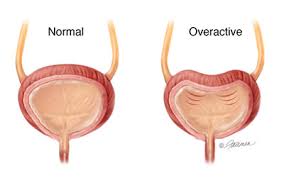 Our urologists usually suggest a judicious blend of multiple therapeutic procedures for remedying OAB.
Our urologists usually suggest a judicious blend of multiple therapeutic procedures for remedying OAB.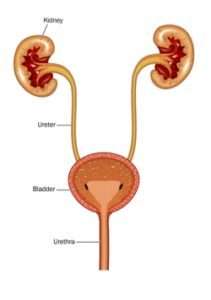 Bladder infections are a fairly common problem. They can affect anybody, including men, women, and children. Quite often, they are associated with sexually transmitted urinary tract infections, but this is not always the case. It is possible to get a bladder infection even if you have never had any sexual contact with anybody. Bladder infections can come from within the body or can be caused by environmental factors. Most people tend to experience a bladder infection at some point in their lives, so there is nothing to be worried about if you do have one. It is just important to see a doctor and get it treated.
Bladder infections are a fairly common problem. They can affect anybody, including men, women, and children. Quite often, they are associated with sexually transmitted urinary tract infections, but this is not always the case. It is possible to get a bladder infection even if you have never had any sexual contact with anybody. Bladder infections can come from within the body or can be caused by environmental factors. Most people tend to experience a bladder infection at some point in their lives, so there is nothing to be worried about if you do have one. It is just important to see a doctor and get it treated.